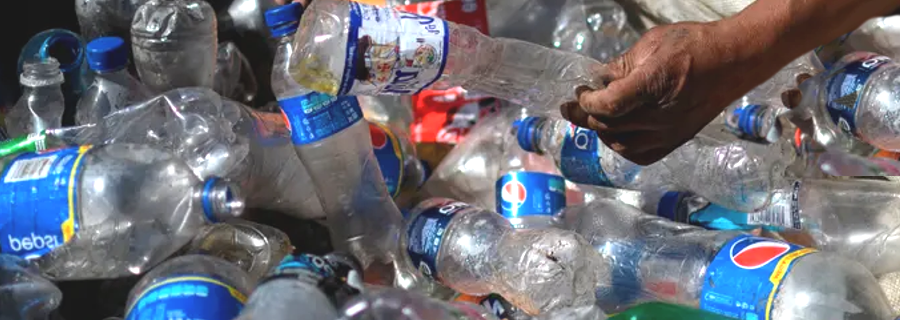The state of New York has sued the beverage and snack giant PepsiCo for environmental pollution caused by discarded plastic bottles and packaging. In the first lawsuit by a state against a major manufacturer, Attorney General Letitia James accuses PepsiCo of causing a public nuisance by being responsible for more than 17 percent of the waste near the Upstate Buffalo River. PepsiCo has been identified as the single largest contributor to the problem. When her office conducted a survey of all types of waste collected at 13 sites along the Buffalo River last year, it found that "of the 1,916 pieces of plastic trash collected with an identifiable brand, over 17% were produced by PepsiCo." According to New York state, PepsiCo manufactures, produces, and packages at least 85 different beverage brands and 25 snack food brands that predominantly come in single-use plastic containers.
"No company is too big to ensure that their products do not damage our environment and public health," said James.
She stated on Wednesday that plastic waste, after breaking down, could enter drinking water and lead to health problems. The company allegedly failed to inform consumers about potential risks associated with its more than 100 brands and deceived the public about its efforts to avoid plastic pollution.
According to the lawsuit, plastic waste is linked to various health issues, including early puberty in girls, reduced sperm count in men, alterations in reproductive organ functions, obesity, and an increased incidence of cancer. Such effects of plastic additives have been observed in mammals.
Researchers believe that similar consequences could be observed in humans. In addition to Pepsi Cola, the company's brands in the United States include Cheetos, Cracker Jack, Doritos, Fritos, Gatorade, Lay’s, Lipton, Quaker, Ruffles, and Tostitos. The aim of the lawsuit is for PepsiCo to cease the spread of plastic waste, eliminate pollution, and take other remedial measures.

